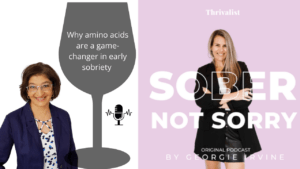The festive season is a great excuse to indulge excessively in the merriment of celebrations. Why Not? After all, working hard through the year entitles us to relaxation time. As we celebrate festivals around the globe, it is customary to indulge in festive delicacies and pump up the calories.
Five ways to control binging
1. Say no to breads and processed carbohydrates
Pay special attention to eating healthy foods. If 90% of your diet consists of fruit, vegetables, protein as in chicken fish or meat, good oils as in nuts, seeds and healthy fish oils together with 2 L of water daily, you are on the right track! Allow the other 10% to be your treat!
2. Cut the volume of food by 10%
Aim at reducing the fill size on your plate by 10%. You don’t have to take second helping is. When food is prepared with love, in the merriment of family and friends, it is so easy to overindulge. It takes focused attention to watch each mouthful, and there’s no better time than right now to start.
3. Take the dressings on the side
Salad dressings can easily be minimized when eating healthy salads.
4. Drink apple cider vinegar with lemon in water each morning
This drink gently alkalinize and detoxify the system, breaks the fast, removes the toxins from the night before, and wakes up the digestive juices to assist in breaking down complex foods. Consider daily routine for optimal oral and gut health.
5. Control the “sugar fix”
Indulging in the yummy deserts can raise glucose and insulin levels which in turn plays havoc with serotonin and dopamine levels.
Testing the Binge Fest
There is never better time to determine which food is good for you and which foods your body has become intolerant to. Testing for allergies may be required if you are experiencing adverse reactions to food.
The biggest culprit for inflammation of any sort in the body is sugar. Obesity has increased worldwide in the last decade or two. WHO have estimated that they are more than 1.9 billion overweight adults in the world. Testing for diabetes, particularly a prediabetic marker called HbA1c is a starting point in establishing glucose tolerance.
Binging in food, alcohol or activity elicits a feeling of happiness, ecstasy or heaviness and sadness. The appetite regulatory hormones such as leptin and adiponectin talk directly to brain chemicals such as serotonin and dopamine. Obesity is associated with leptin resistance which contributes towards dopamine depletion as seen in addictions. Testing for mental health can reveal the play of excitatory and inhibitory neurotransmitters which affect appetite and addictions.






